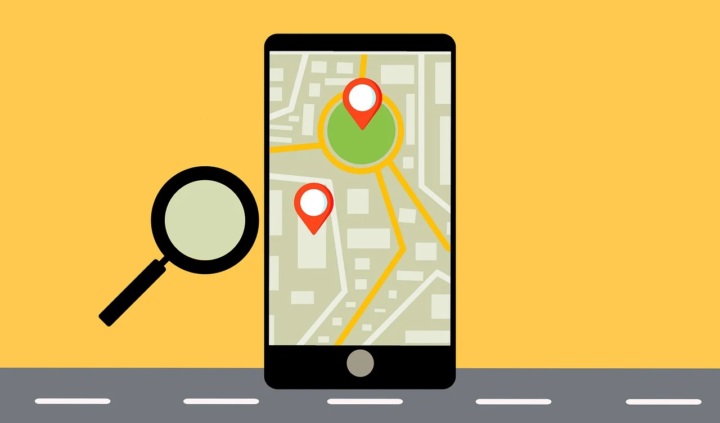Couples Addiction Recovery
When addiction affects a couple, it can be a devastating experience. Substance abuse can strain relationships, erode trust, and create a cycle of destructive behaviors. However, with the right support and strategies, couples can find their way to recovery and rebuild a healthy and fulfilling relationship. In Richardson, Texas, there are numerous resources available for couples seeking addiction recovery. This article will explore couples therapy for addiction, dual recovery strategies, and how couples can reconnect and rebuild after addiction.
Couples Addiction Recovery Helpline Call Now
Couples Therapy for Addiction
Couples therapy for addiction is a specialized form of therapy that focuses on addressing the unique challenges faced by couples dealing with addiction. It aims to help couples understand the underlying issues contributing to addiction and develop healthier coping mechanisms. In Richardson, there are several licensed therapists and counseling centers that offer couples therapy for addiction.
During couples therapy for addiction, couples can expect to:
- Explore the impact of addiction on their relationship
- Identify and address codependency and enabling behaviors
- Learn effective communication and conflict resolution skills
- Develop strategies for relapse prevention
By working together in therapy, couples can strengthen their commitment to recovery and support each other in maintaining sobriety.
Dual Recovery for Couples
Dual recovery refers to the process of addressing both addiction and any co-occurring mental health disorders. It recognizes that substance abuse and mental health issues often go hand in hand and need to be treated simultaneously for successful recovery. In Richardson, couples can access dual recovery programs that provide comprehensive support for both partners.
Some key aspects of dual recovery for couples include:
- Individualized treatment plans tailored to each partner’s specific needs
- Access to mental health professionals who specialize in addiction and co-occurring disorders
- Education and support for managing triggers and cravings
- Integration of evidence-based therapies like cognitive-behavioral therapy and dialectical behavior therapy
By addressing both addiction and mental health issues, couples can increase their chances of long-term recovery and improve their overall well-being.
Reconnecting and Rebuilding After Addiction
Rebuilding a relationship after addiction requires time, patience, and a commitment to personal growth. Richardson offers various resources and support systems to help couples reconnect and rebuild their relationship in a healthy and sustainable way.
Some strategies for successful couple recovery include:
- Open and honest communication: Creating a safe space for open dialogue and sharing feelings can help rebuild trust and strengthen the bond between partners.
- Setting boundaries: Establishing clear boundaries and expectations can help create a sense of safety and stability within the relationship.
- Participating in activities together: Engaging in shared interests and activities can help couples reconnect and create new positive experiences together.
- Attending support groups: Joining support groups specifically designed for couples in recovery can provide additional guidance, understanding, and encouragement.
By implementing these strategies and seeking support, couples can navigate the challenges of rebuilding their relationship after addiction.
Couples Addiction Recovery Near Me
Recovering from addiction as a couple is a challenging journey, but with the right resources and strategies, it is possible to rebuild a healthy and fulfilling relationship. In Richardson, Texas, couples can access couples therapy for addiction, dual recovery programs, and various support systems to aid in their recovery process. By committing to personal growth, open communication, and seeking professional help, couples can successfully navigate the path to recovery and create a stronger, more resilient bond.










